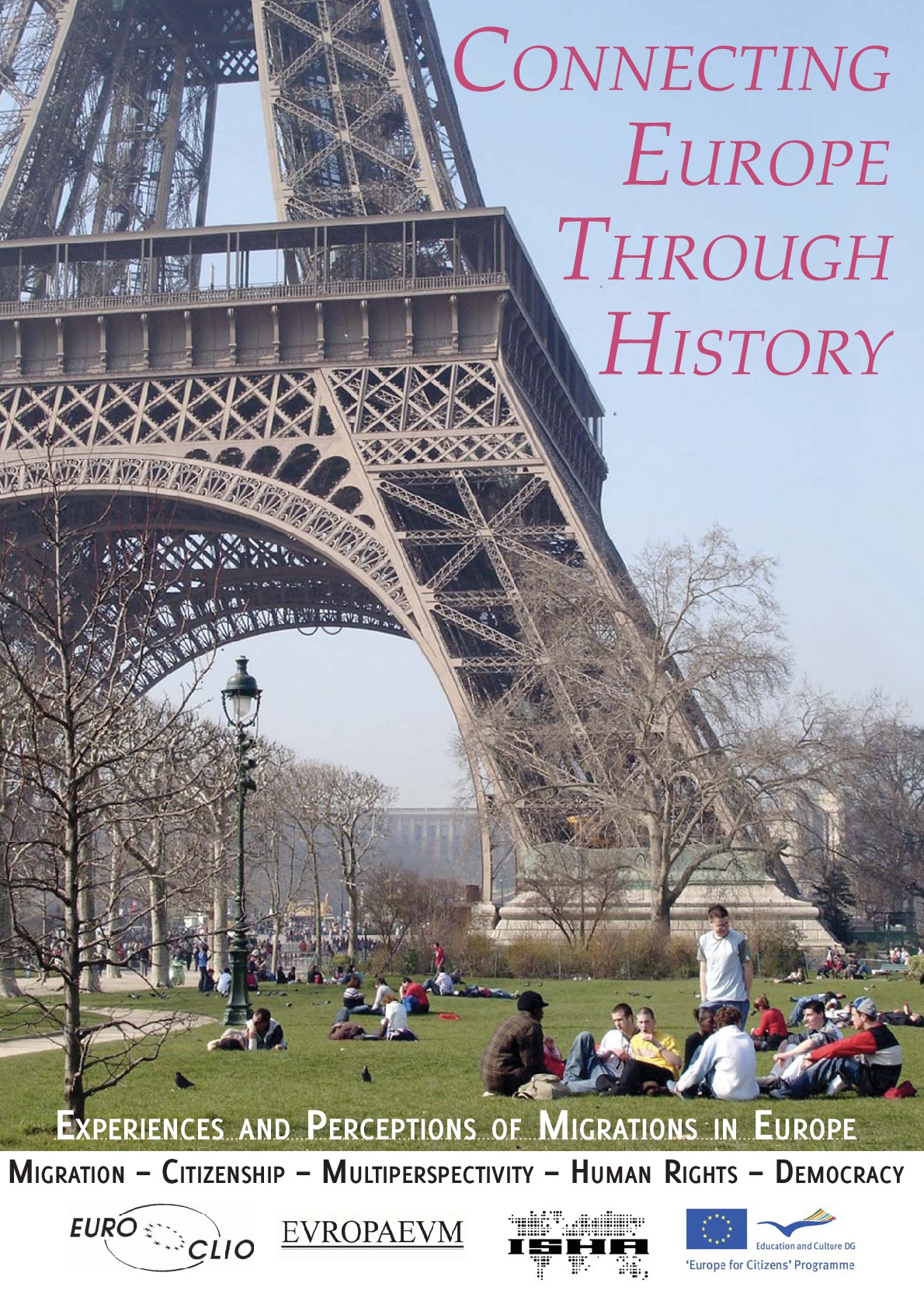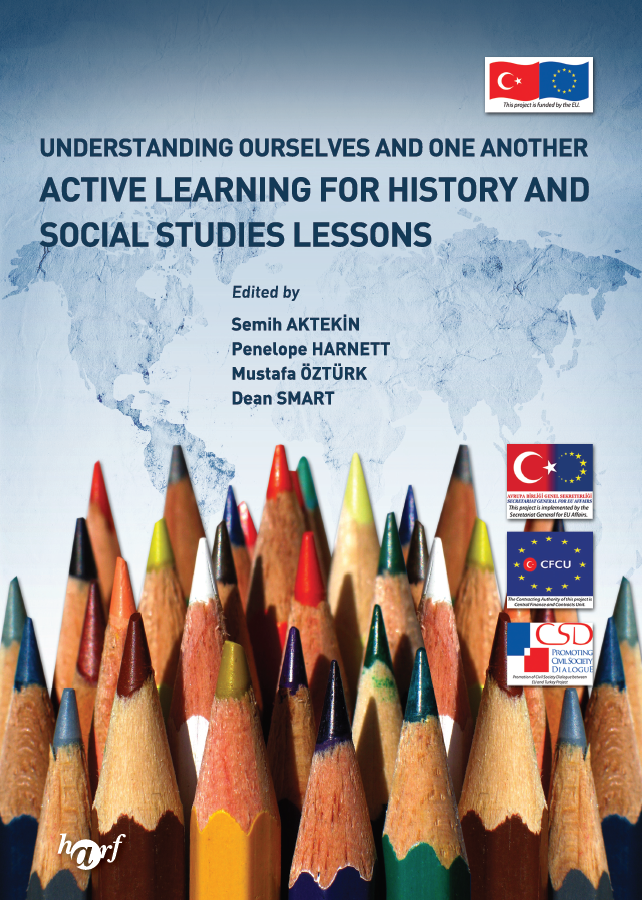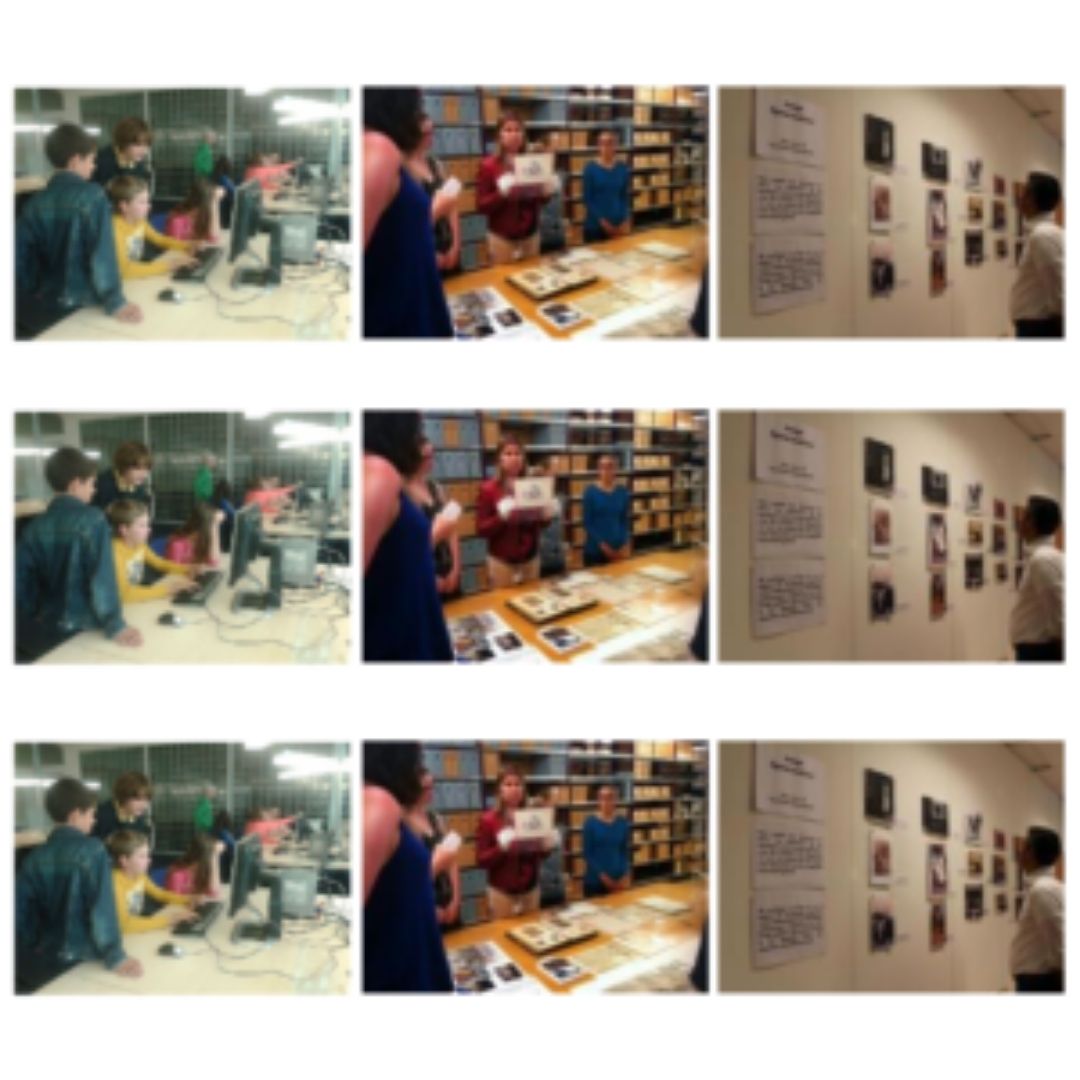How to use football stories to improve your teaching skills?
This guiding handbook will take you through various learning activities that were designed as part of the Football Makes History Project. These learning activities are divided across the following thematic chapters:
- Chapter 1: Learning activities related to Nationalism, National Identity
- Chapter 2: Learning activities related to War and Peace
- Chapter 3: Learning activities related to identity and emancipation and
liberation - Chapter 4: Learning activities related to football and its local and
regional connections
Tip: hyperlinks to external resources and activities are highlighted in this blue colour, including many of the learning activities which have been published onto the Historiana website- enjoy!
Please access the Guidebook via the button below:
About the Football Makes History Project
EuroClio’s 2016 initiative “Football. A People’s History of Europe” launched a Europe-wide project in
2018: Football Makes History. The project mobilized history educators, football historians and journalists,
pedagogy experts, education policy makers, community workers and football stakeholders from various
European countries and backgrounds to work together to deliver innovative teaching and learning
materials. This group shared an intense and enthusiastic passion for the game. In addition, each of them
had extensive and invaluable knowledge of the history of their ‘own’ club and national football history.
But most of all, the group shared a strong belief that historical learning through the lens of football – that
most young people enjoy as well – can develop young people’s enthusiasm for history, historical
knowledge, competences, skills, attitudes, and values, as well us understanding and appreciation of
diversity.
In short: the team behind the project set out to use football history as a door opener to promote
historical understanding and social inclusion across Europe.
More specifically, the aims of the project were:
- To help youth in Europe feel a sense of belonging to their local and transnational realities.
- To promote empathy and intercultural dialogue among students, teachers and school leadership.
- To advocate the need for relevance of the history taught to the students.
To pursue these aims, between September 2018 and December 2021, we:
- Developed 24 learning activities and teaching strategies that put football history at the center of
the classroom experience. - Provided three background narratives on the origins and spread of the game.
- Published three source collections (on discrimination and on the history of migration and
colonialism in Africa through the lens of Football)
For more information on the project please see the Football Makes History project page.





